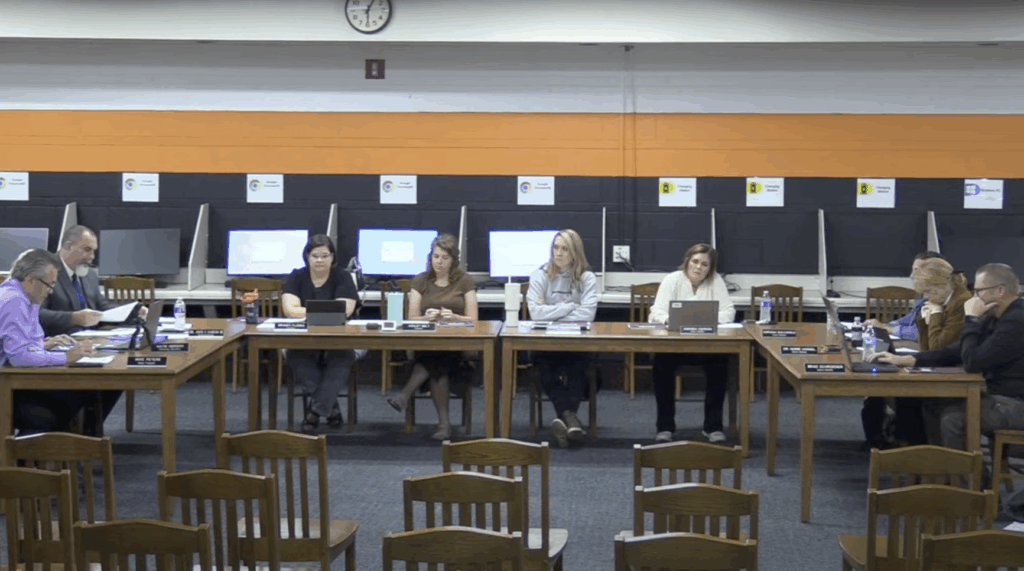
Panelists debate costs of energy legislation as Illinoisans struggle to pay bills
(The Center Square) – Some consumer advocates say battery storage legislation would help reduce energy price spikes, but others say an Illinois Senate bill’s provisions would lead to net costs for customers.
The Illinois Senate Energy and Public Utilities Committee discussed energy storage provisions of House amendment to Senate Bill 40 in a virtual subject matter hearing on Thursday.
The committee chair, state Sen. Steve Stadelman, D-Rockford, said lawmakers might consider legislation during the fall veto session in an attempt to ensure energy affordability and reliability for consumers.
United Congregations of Metro-East Executive Director Darnell Tingle told the committee that high utility costs are forcing families to make brutal choices.
“Do I pay Ameren or do I pay the rent? Do I keep the [air conditioning] running in this dangerous heat, or do I put food on the table? This is a crisis of health and safety,” Tingle said, adding that Illinois “can and should do better.”
Citizens Utility Board executive director Sarah Moskowitz said SB 40 could help get large-scale battery storage online quickly.
“This speed-to-market attribute is really important as we are already experiencing the costs of inaction,” Moskowitz said
Citing Energy Information Administration data, Illinois Industrial Energy Consumers Chairman Phillip Golden said California and New York implemented centralized battery procurement policies.
“You will see their energy costs are, respectively, 60% and 100% higher than what Illinois paid in just June,” Golden said.
Golden said such battery developments resulted in net payments from consumers to battery storage developers.
State Sen. Terri Bryant, R-Murphysboro, said SB 40 would not provide immediate relief and could only guarantee a cost increase.
State Sen. Sue Rezin, R-Morris, asked why the bill did not include cost caps for battery storage.
“In the past we’ve put cost caps in just to make sure utility bills don’t go up. In the bills that we have passed where there wasn’t a cost cap, the bills have gone through the roof and now we’re hearing from customers,” Rezin explained.
Stadelman said a second subject matter hearing on energy issues would likely be held in early October.
Latest News Stories
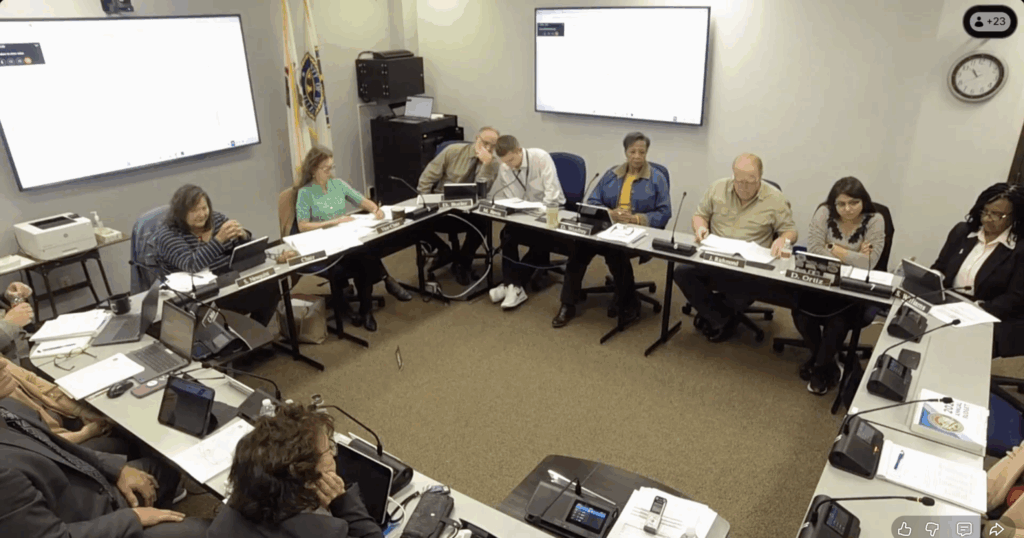
Will County Health Department Pleads for $1 Million to Avert ‘Weakened Public Health System’

Beecher Library Board Begins Discussions on $392,000 Tax Levy

Will County Committee Grapples with $8.9 Million Budget Gap After Contentious 0% Tax Levy Vote

Meeting Summary and Briefs: Beecher Board of Education for October 8, 2025
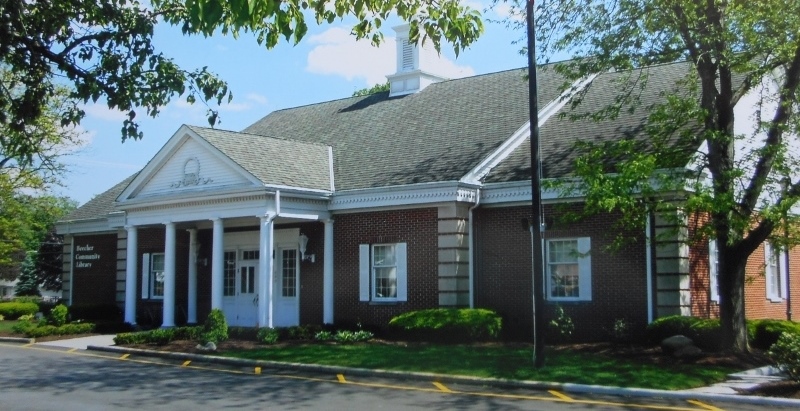
Beecher Library Board Elects New Leadership Following Trustee’s Resignation

Meeting Summary and Briefs: Washington Township Board for September 4, 2024
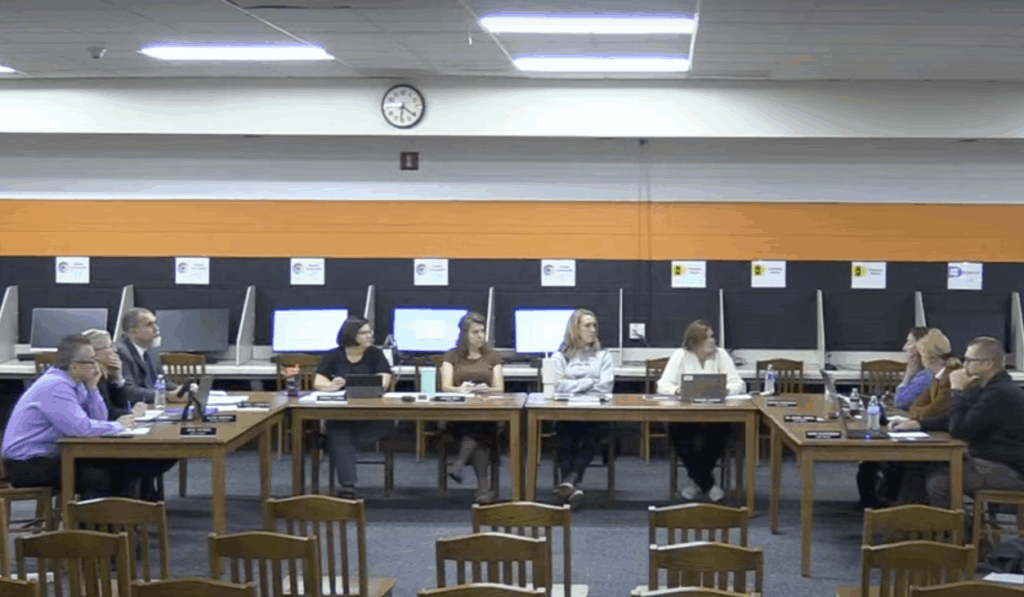
Beecher School Board Reviews Adding Accountability Clause to Oath of Office

Washington Township Asks Will County to Deny Beecher-Area Solar Farm
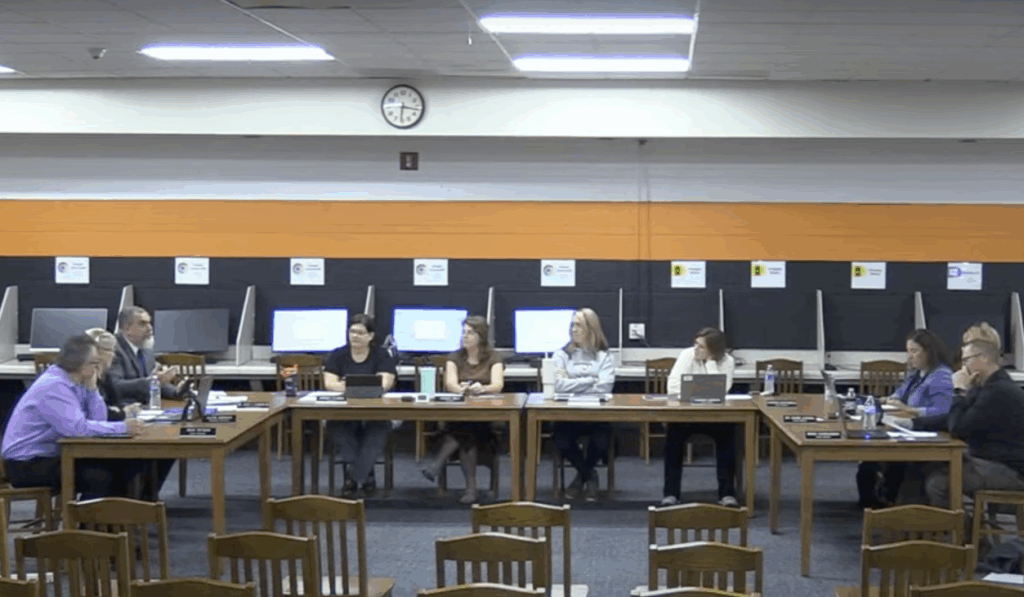
Beecher School District Invests Over $100,000 in New Bus and GPS System
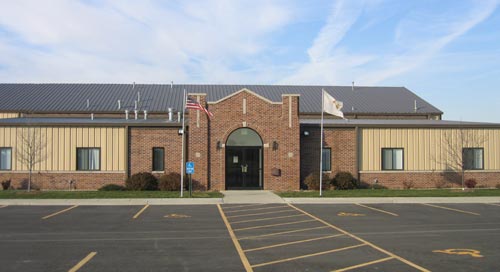
Washington Township Board Approves Nearly $20,000 for New Digital Sign

Meeting Summary and Briefs: Village of Beecher Board for October 14, 2025
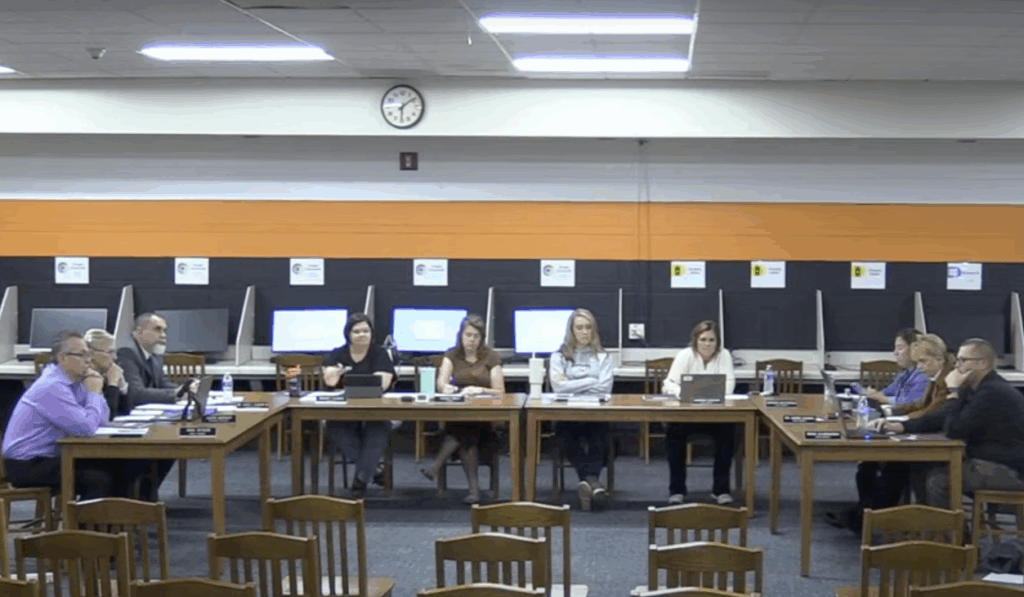
Facing Trainer Shortage, Beecher Schools to Use Paramedics for Athletic Coverage


